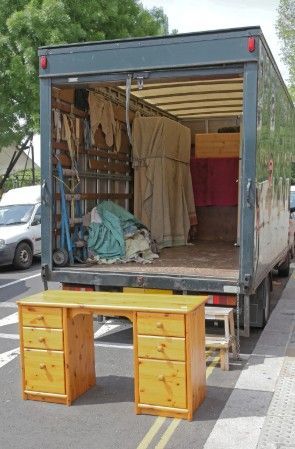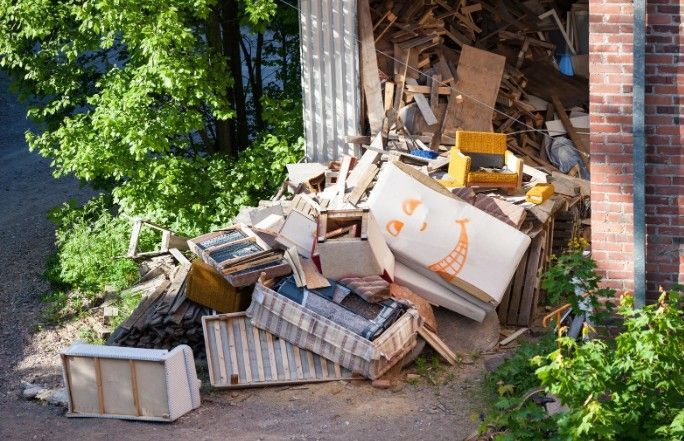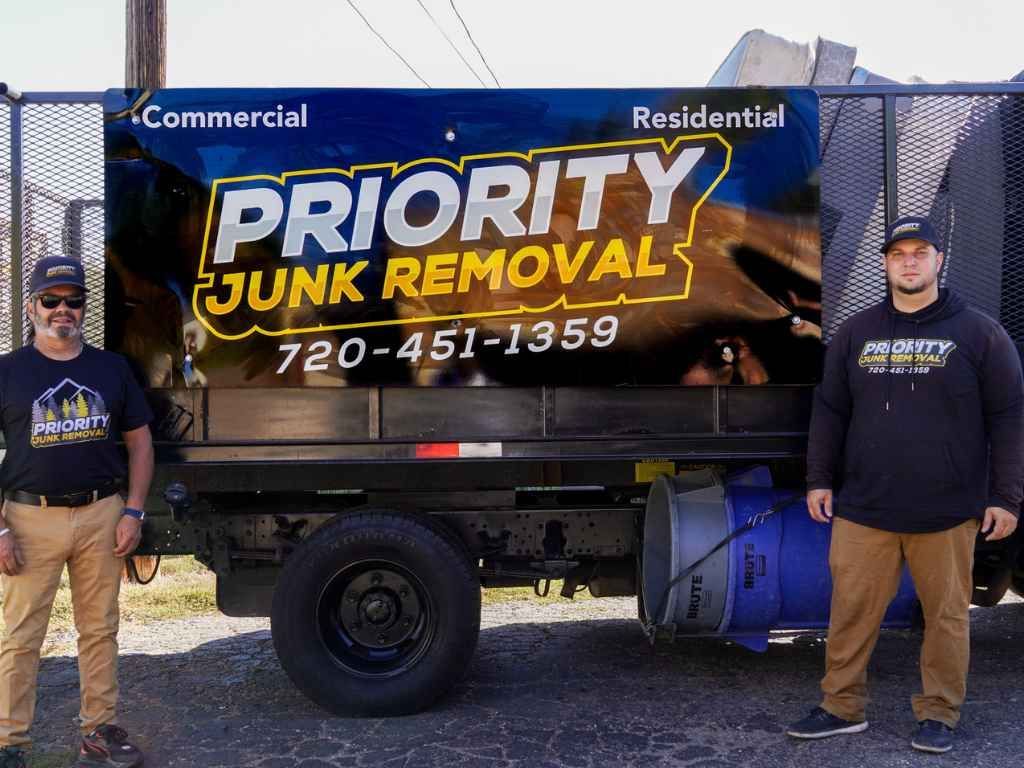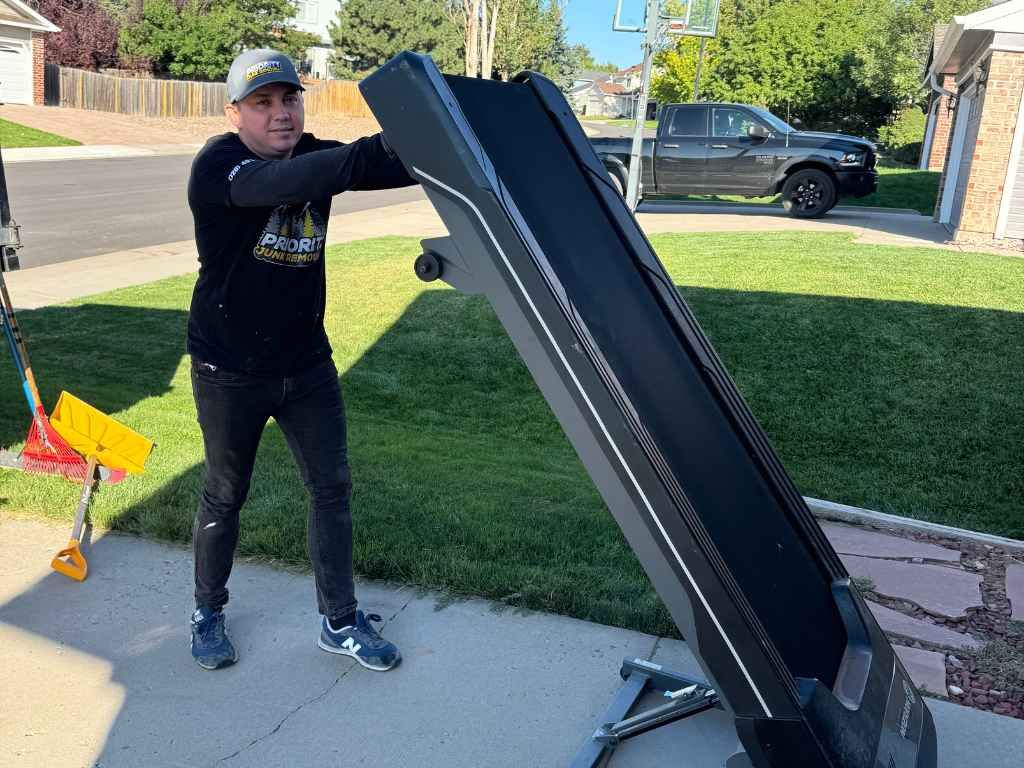Kitchen Demolition: Common Mistakes to Avoid
Kitchen demolition is an exhilarating yet demanding process, often underestimated by homeowners eager for a remodel. Without careful planning, what begins as a straightforward tear-down can quickly spiral into costly mistakes, delays, and even safety hazards. Many assume it's just about swinging a sledgehammer, but in reality, it requires precise execution, legal awareness, and a firm grasp of structural integrity. Whether you're removing old cabinets, demolishing walls, or tearing out flooring, avoiding common pitfalls can make all the difference between a smooth project and a catastrophic mess.
What We Offer
Kitchen Demolition Services
Efficient and safe kitchen demolition requires more than just brute force—it demands skill, expertise, and precision. Our team ensures careful removal of cabinets, countertops, flooring, and walls while prioritizing structural integrity and safety. We minimize dust and debris, making the entire process as seamless as possible.
Utility Disconnection and Safety Measures
Before any demolition work begins, we take the necessary steps to shut off electrical, gas, and plumbing connections. This prevents hazardous leaks, electrical shocks, and accidental flooding. Our trained professionals handle this with precision, ensuring compliance with safety standards.
Debris Removal and Disposal
Demolition generates significant waste, from shattered tiles to discarded cabinetry. Our junk removal service swiftly clears out all debris, disposing of it responsibly and in accordance with local regulations. We prioritize environmentally friendly practices, recycling whenever possible.
Structural Assessments
Removing kitchen walls without understanding their load-bearing functions can lead to disastrous consequences. Our experts conduct thorough evaluations to determine which walls can be safely removed or modified. This ensures stability and prevents unnecessary damage to your home’s foundation.
Eco-Friendly Recycling Solutions
We believe in responsible disposal and recycling. Salvageable materials like wood, metal, and fixtures are set aside for reuse, reducing environmental impact. Partnering with us means making an eco-conscious choice while ensuring efficient cleanup.
Benefits of Professional Kitchen Demolition
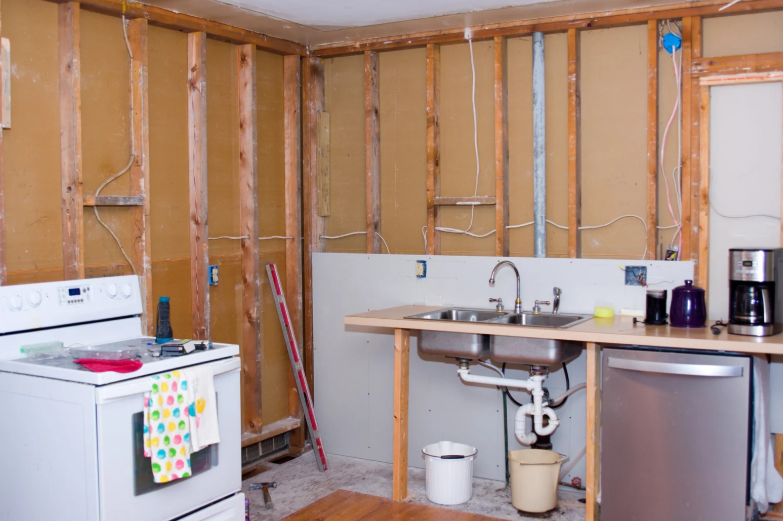
Enhanced Safety Measures
Kitchen demolition presents a range of safety risks, including exposure to asbestos, lead paint, and other hazardous materials, as well as the potential for structural instability. Professional demolition teams follow strict safety protocols, use protective gear, and conduct thorough site assessments to prevent accidents and ensure a safe working environment for both workers and homeowners.
Time and Cost Efficiency
Managing a kitchen demolition on your own can quickly become overwhelming and costly due to unexpected challenges and mistakes. Professionals have the experience and tools to handle the job efficiently, preventing delays and minimizing expenses by streamlining labor, waste removal, and overall project management, saving both time and money.
Proper Waste Management
Demolition generates significant debris, including wood, drywall, and potentially hazardous materials that must be disposed of according to local regulations. Professional junk removal services handle sorting, hauling, and proper disposal, ensuring compliance with environmental standards and reducing the environmental impact of the demolition process.
Damage Prevention
Without the right expertise, DIY demolition can lead to unintended damage to nearby walls, floors, plumbing, and electrical systems. Professional demolition teams carefully assess the site, use controlled techniques, and protect adjacent areas to prevent costly repairs and maintain the structural integrity of your home.
Stress-Free Process
Kitchen demolition involves more than just tearing down cabinets—it requires permits, proper safety measures, and organized cleanup. Professional teams manage every step of the process, from planning to debris removal, giving homeowners peace of mind and allowing them to focus on their renovation plans without the added stress.
Avoiding Costly Delays in Kitchen Demolition
Many homeowners underestimate the time and complexity involved in kitchen demolition, assuming it’s as simple as tearing out cabinets and appliances. However, failing to account for structural assessments, safety precautions, and disposal logistics can lead to significant setbacks. Rushing through demolition without a clear plan can result in damaged plumbing, electrical issues, and even compromised structural integrity. For instance, if a load-bearing wall is mistakenly removed, the entire framework of the house could be at risk.
To avoid these costly delays, it's essential to create a comprehensive demolition plan. This includes conducting a thorough pre-demolition inspection, securing the necessary permits, and coordinating with experienced professionals. A detailed plan ensures that potential challenges are addressed before work begins, keeping the project on schedule and within budget while reducing stress and unexpected expenses.
The Importance of Protecting Adjacent Spaces
Kitchen demolition impacts more than just the kitchen itself—it can create a ripple effect throughout the home. Dust, debris, and vibrations from demolition can easily infiltrate neighboring rooms, causing damage to furniture, electronics, and even the HVAC system. Fine particles from drywall and insulation can also lower indoor air quality, posing health risks to family members with allergies or respiratory issues. Installing protective barriers, such as plastic sheeting and zip walls, is a crucial first step in containing the mess.
Additionally, sealing off vents and using air filtration systems can minimize the spread of airborne particles. Taking the time to protect adjacent spaces prevents the need for costly post-demolition cleanups and ensures that the rest of your home remains comfortable and undisturbed throughout the renovation process.
Understanding the Hidden Dangers of Kitchen Demolition
Kitchen demolition can expose more than just the underlying framework of your home—it can reveal hidden hazards that pose serious health and safety risks. Older homes, in particular, may contain asbestos in floor tiles, insulation, or adhesive materials, which becomes dangerous when disturbed. Mold growth behind walls or under cabinets can release spores into the air, exacerbating respiratory problems.
Lead paint, common in homes built before 1978, can flake and create toxic dust during demolition. Without proper protective gear and containment measures, these hazards can spread and create long-term health issues. Professional demolition teams are trained to identify and handle these materials safely, using specialized equipment and disposal methods.
Why Structural Integrity Should Never Be Overlooked
The appeal of an open-concept kitchen often tempts homeowners to remove walls without fully understanding the structural consequences. Load-bearing walls play a crucial role in supporting the overall framework of a home. Removing them without proper reinforcement can lead to sagging ceilings, cracked drywall, and even structural collapse.
Beyond walls, kitchen islands, countertops, and overhead cabinetry may also provide structural support that needs to be accounted for during demolition. A structural engineer or professional demolition team can assess which walls and supports can be safely modified or removed. Reinforcement solutions, such as the installation of beams or columns, may be necessary to maintain the home’s stability.
How Poor Planning Can Lead to Unexpected Costs
Unplanned kitchen demolitions often result in a cascade of unexpected expenses. For example, cutting into a wall without first locating electrical wiring or plumbing lines can lead to costly repairs and delays. Overlooking permit requirements can result in fines or project shutdowns, setting the renovation back weeks or even months.
Additionally, failure to account for proper waste disposal may leave you with a pile of debris and limited options for removal. A detailed pre-demolition assessment helps uncover these potential issues beforehand. Professionals can map out the infrastructure of your kitchen, identify problem areas, and develop a demolition strategy that minimizes waste and disruption.
When DIY Kitchen Demolition Becomes a Nightmare
While the idea of a DIY kitchen demolition may seem like a cost-saving move, it often leads to more problems than solutions. Homeowners without demolition experience may accidentally cut into water or gas lines, leading to dangerous leaks and expensive repairs. Improper removal of cabinets, tiles, and flooring can damage underlying surfaces, creating more work for the renovation team.
Encountering hazardous materials like asbestos or mold without proper protective gear and containment measures can also create long-term health risks. Additionally, waste disposal regulations vary by location, and failing to follow them can result in fines.
The Role of Professionals in Streamlining Kitchen Demolition
Experienced demolition teams bring expertise and efficiency to every phase of the project, from initial planning to final cleanup. They understand the importance of precision when disconnecting utilities, such as gas, water, and electricity, to avoid damage and safety hazards. Professionals are also trained to recognize and mitigate structural issues before they become costly problems.
Their knowledge extends to proper waste disposal and recycling, ensuring that demolition debris is handled responsibly. Hiring a professional team allows the renovation process to move seamlessly from demolition to construction without unnecessary delays or setbacks. Their experience minimizes disruptions and ensures that the space is properly prepared for the next phase of remodeling, saving time and money in the long run.
Why Investing in Professional Demolition Pays Off
Cutting corners during kitchen demolition can lead to serious and costly problems down the line. Improper removal of load-bearing walls can compromise the stability of the home, while damage to plumbing and electrical systems can require extensive repairs. Incomplete or poorly handled demolition may leave behind debris and structural weaknesses that complicate the renovation process.
Professional demolition teams have the tools, expertise, and experience to execute the job efficiently and safely. Their attention to detail ensures that the space is clean, stable, and ready for construction. Investing in a professional demolition team protects your renovation investment, reduces stress, and provides peace of mind that the project is built on a solid foundation.
Conclusion
A well-executed kitchen demolition lays the foundation for a successful renovation. Avoiding common mistakes such as neglecting permits, mishandling utilities, or underestimating debris disposal can make the process far more efficient and stress-free. For expert assistance in ensuring a safe and seamless demolition, reach out to Priority Junk Removal at 6091 South Spotswood Street, Littleton, Colorado 80120, United States. Contact us at 720-451-1359 or email us at priorityjunkremoval@gmail.com for professional service tailored to your demolition needs.

